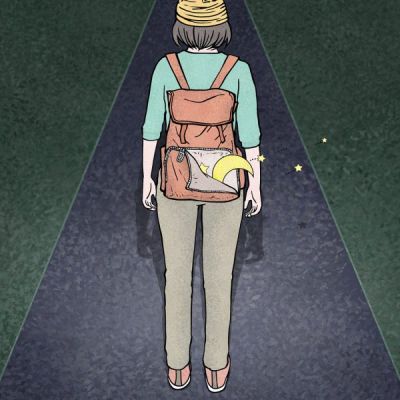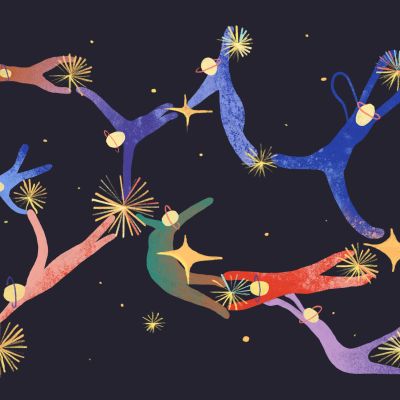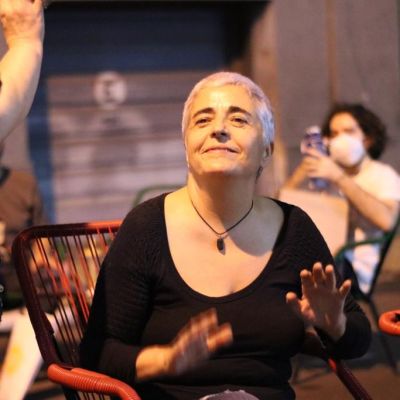Pleasure
We envision SISA spaces as non-judgmental, inclusive, rights-based and affirming spaces wherein people’s sexuality, their identities, wellbeing, choices, desires and pleasure are respected.
The film Hot Girls Wanted followed the journey of five young women aged 18-25 years as they joined the pornography industry and also looked more broadly at at women in this age group and their motivation to join.
We are led to question what ‘safety’ really is: Will it be guaranteed by going gently, if at all, into that good night? Is it at all possible to freely and safely explore who we are and the world in which we live?
The story is so well told and is written with such a light, deft hand that it is almost easy to miss what makes it so quietly radical. To review it within the scope of exploring the coming together of literature and sexuality we must begin with its central cast of characters – the widows.
Coupled with the tendency to approach sexuality with seriousness, play often remains absent in discussions of sexuality. Sexuality shares the elements of fun, pleasure and spontaneity that are found in play.
How would we see the world really, if we were open to the idea that it is not purpose but play that drives us to seek companionship, be it an orchid seeking a pollinator or a human seeking another?
As we grow older, moral codes, conventions of appropriateness and shame, and the utilitarian and income-focused education we get make us lose that stability. The idea of play to me is about bringing back that ability and comfort into the lives of people so that they can actually play.
Four More Shots Please! moves in the right direction when it comes to women (of a particular social stratum), their lives, and feminism at large – even if it takes small, stumbling, baby steps towards it.
Play is not only about cocks, balls, vaginas, paddles, or anything that happens between two consenting adults in the bedroom. It’s also about what goes on in a masochist’s mind before they submit to a cane, or a whip, and before they orgasm from the pain.
A kiss for the side of your neck One for the last of your back For a year that we…
This Parodevi Pictures’ production from Agents of Ishq is a kaleidoscopic must-watch that takes us into the poorly understood ‘galaxy’ of female orgasm and sexual pleasure through a mobile-phone game – A Little Death – that helps people navigate this terrain unfamiliar to many in an exciting and accessible way.
Members of a fandom are not just passive consumers but active co-creators who imagine and build new worlds around their objects of adoration. Fandom communities offer fans the freedom of being able to imagine, create and share all sorts of scenarios, including romantic, erotic and sexual ones.
The pandemic has put us through interesting times, to say the least – of reflecting, learning, realigning, thinking about what really matters, a time to pause and care for ourselves with kindness. At TARSHI, we’re just delighted to have been able to do the same – while also sharing something of what we’ve learnt with you.
I know that the lives of many human rights defenders are under continuous threat, that sometimes it is impossible to sleep or to enjoy a moment of peace because of the harassment coming from the outside. What I address in this text is our internal disposition as activists, and the ideas that stop us from taking care of and holding ourselves together.
My self-care journey has only just begun and I have a long way to go. I do have bouts of self-doubt, anxiety, and panic, and I still go through periods of feeling overwhelmed. However, more than anything, I have learnt that self-care, for me, is a subversive act, and caring for myself gives me the strength to challenge the status quo and play my part in social justice movements.















